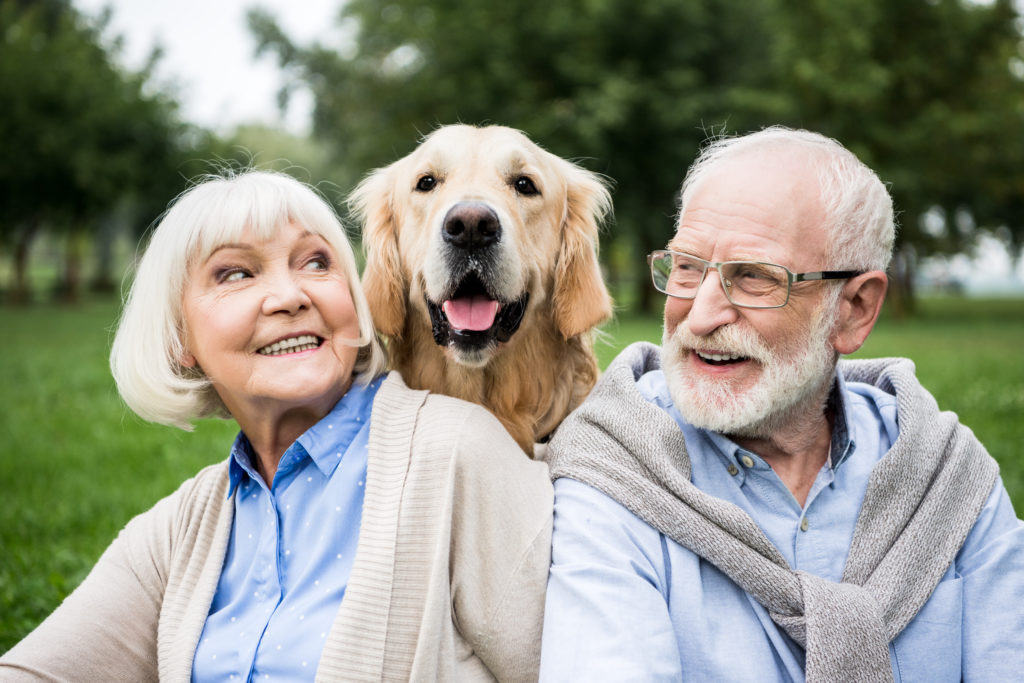November 13, 2020

While the COVID pandemic has changed life for the worse for many people across the world, there are some creatures who must be loving its side effects, our pets.
From Fido and Fifi’s perspective, what could better? “Mom and Dad” are home all day, taking them out for walks and rides in the car, petting and cuddling them at all hours, even sharing home office space with them.
While pets (dogs especially) are considered “man’s best friend,” it is a mutually beneficial relationship we humans share with our dogs, cats and even some fish, birds, hamsters, rabbits, turtles, etc.
In 2017, there were approximately 90 million dog and 96 million cat owners in the United States. Three years later, the pandemic has caused a surge in pet adoptions to the point where demand is outweighing supply.
Indeed, the reciprocal benefits of pet ownership are wide and very long-standing. Early humans began relationships with canines when wolves scavenged food from them, resulting in the domestication of these animals for warmth, protection, hunting and gathering. Cats also became domesticated foraging for scraps – and demonstrating their usefulness in controlling the pesky rodent population.
Scores of adorable videos show that even babies respond positively to furry friends, but it is older adults who have perhaps the most to gain from owning a pet and/or pet therapy. While only six percent of people over the age of 71 own a pet, the benefits for seniors range from physical to social, emotional and even cognitive.
That said, seniors must be very judicious in choosing the right pet, or any pet at all. Click here for some good tips on making this decision.
Pets Boost Physical Health
We all know the delight of a wagging tail, a soft ear, a purring kitten. However, we may be less aware of how contact with domesticated animals can benefit physical health, including:
- Lowered cortisol, a stress hormone, and increased serotonin and dopamine, hormones associated with happiness and well-being
- Lowered blood pressure, heart rate and serum triglycerides
- Increased daily exercise in petting, lifting, grooming (and walking smaller dogs)
- Lowered risk of depression and stress-induced disease
Pets Invite Socialization
Aside from the loyal companionship dogs and even some cats provide, owning a pet invites social interactions with humans as well. (Just ask anyone walking around with an irresistible puppy!) People who might otherwise pass us by are likely to stop and comment or ask about our animal companions. Seniors and staff in care environments often come together in a shared focus on a resident’s beloved pet or visiting therapy animal.
Pets Come to the Emotional Rescue
The psychological benefits of contact with a pet cannot be overstated. While the first formal research into animal therapy began in the 1960s, it was famed nurse Florence Nightingale who recognized in the late 19th century that animals could help reduce anxiety and increase relaxation in children and adults. For seniors especially, a cherished pet provides:
- Companionship. Seniors are particularly vulnerable to isolation and loneliness. A loyal, welcoming companion offering comfort, unconditional love, few or no demands, and constant presence is invaluable.
- Security. Whether 100 or 10 pounds soaking wet, a barking dog can deter an intruder, creating a sense of protection and safety. Pets can also alert seniors to stimuli to which they may have decreased sensitivity, including people, sounds, odors, and even oncoming medical incidents in some cases.
- Calm. Lowered stress hormones and increased “feel good” hormones create a sense of peace and relaxation in older adults burdened by worry and anxiety over health, future, finances and other concerns. Since animals can only “live in the moment,” they keep their owners in a similar frame of mind.
- Purpose. Meeting the needs of a living thing is not only reason to get up and get on with each day, it instills a sense of purpose, value and self-esteem. This is especially important for seniors with diminished responsibilities.
Pets Improve Brain Power
Research has shown that contact with pets and therapy animals can spark positive memories in older people with cognitive impairment. Those less responsive due to stroke or dementia have been known to smile, and even talk, in the presence of a four-legged friend. What’s more, for elderly pet owners, feeding, watering and toileting an animal requires consistent attention to detail.
Pets at Preston
We at Barclay Friends have a deep understanding of the bond that exists between a resident and his or her companion animal. Our communities, including our new Preston building, happily welcome pets under 30 pounds, with some stipulations to the benefit of both residents and animals. Please contact us for information about our pet policy.
For residents who don’t own pets, Barclay Friends offers a weekly visiting pet therapy program that we look forward to resuming, once it is deemed safe again by health officials.
Looking for a New Home?
Preston is open and accepting applications. Find out how you and your four-legged friend can make a brand new start in our brand new community.